Daily Living With PAH
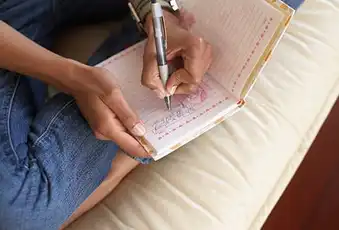
Keep a Water Journal
It will help you track how much fluid you drink, especially if your doctor limits you. Remember, the water you drink to take your pills counts. So does ice: 1 cup equals about 1/2 cup of water. Stretch your sips throughout the day.

Set a Reminder for Your Meds
Make it part of a routine, like taking a pill while the coffee brews in the morning. Use the alarm on your phone or watch to tell you it's time for your next dose. Pillboxes and gadgets can help you organize multiple medications and remember whether you took what you should have taken. Stick to your schedule to ease symptoms like fatigue and to help keep PAH from getting worse.
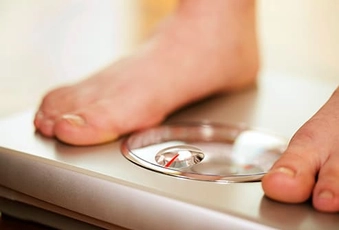
Weigh Yourself Every Day
It's a good way to tell if your body is holding on to water. Step on the scale at the same time each day. If you've gained 2 pounds or more since yesterday, or more than 5 in a week, call your doctor. It may be a sign your PAH is getting worse or that you need your medications adjusted.

Go for a Walk
Being active is good for your heart and lungs. But for some people with PAH, even light activity can make you feel very tired or short of breath. Walking is usually OK. So are swimming and stretching. Check with your doctor about which activities are best for you. Don't strain or push yourself too hard. Stop as soon as you feel lightheadedness, fatigue, or pressure in your chest.
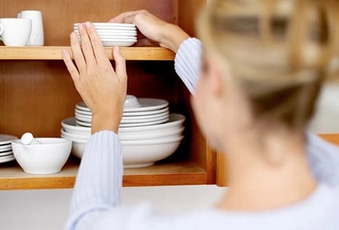
Store Things at Eye Level
Stack your favorite T-shirts in the top drawer. Keep your go-to kitchen items on the countertop. Put laundry soap next to or just above the machine. Move your bathroom products from under the sink up to the medicine cabinet. You want your chest to stay upright during the day. Bending over too often could trigger PAH symptoms or make them worse.
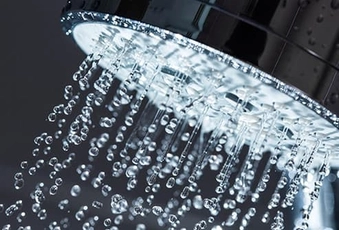
Stay Out of Hot Water
A soak in a steaming bath or hot tub may be relaxing, but the heat can cause your blood pressure to drop. If it gets too low, you might faint. Avoid saunas and steam rooms as well. Keep hot showers short. (They're not good for your skin either. Warm water is better.)
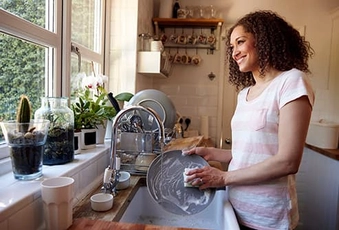
Spend Your Energy Wisely
Instead of trying to tackle a long lineup of chores, rank your to-do list and focus on one or two of the most important things you need to get done. Break bigger projects down into smaller parts, and pace yourself. Simplify tasks when possible. Have groceries delivered from the supermarket, for example. Or buy gifts online.
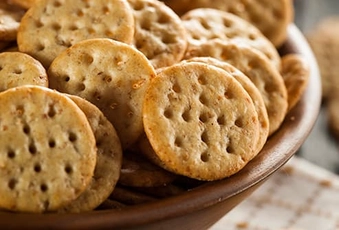
Search for Sodium
One of the best ways to lessen fluid buildup in your body -- which makes your heart work harder -- is to eat less salt. You may be surprised at how much sodium is in bread and breaded foods, crackers, pre-cooked chicken breasts, condiments and bottled sauces, cheese, and even over-the-counter medicines. Check labels, and look for lower-sodium versions.
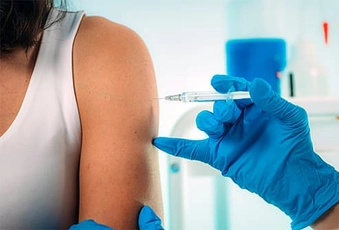
Get a Flu Shot
It's the best way to prevent the flu. You may also need a pneumonia vaccine. Both illnesses can be very serious when you have PAH. Even a cold can make some symptoms worse, like shortness of breath. During cold and flu season, wash your hands often to protect yourself from germs. Try not to touch your eyes, nose, and mouth. Disinfect high-traffic surfaces at home.
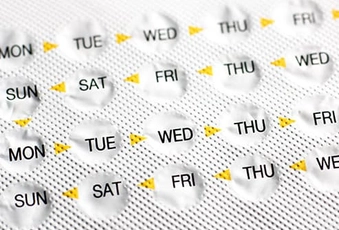
Use the Right Birth Control
Pregnancy is risky for women with PAH. It causes changes in your body that can lead to serious or fatal health problems for you and your unborn baby. But some birth control pills may cause blood clots. And methods with estrogen can make PAH worse. Talk to your doctor about other, safer forms of contraception.

Tell Your Doctor About Travel Plans
If you're flying somewhere or heading to the mountains, you may need oxygen therapy for your trip, even if you don't use it at home. High altitudes make blood vessels in the lungs tighten and narrow. That can raise the pressure in your lungs and make symptoms worse. In some situations, your doctor may advise against travel.
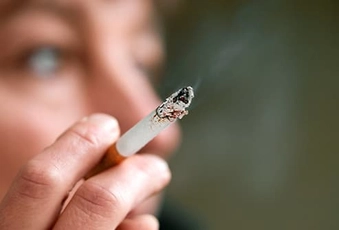
Quit Smoking
As obvious as it seems, it's worth the reminder. Smoking can further damage your heart and blood vessels. It puts strain on your lungs. And it certainly won't make you feel better. If you're still lighting up, your doctor can help you put a plan together to kick the habit for good.

Ask for Help
Feeling overwhelmed? Let loved ones know how you feel and what they can do to ease your stress. Joining a support group for people with PAH may help, too. You can learn from others how to deal with symptoms and issues. If your feelings get more intense or you stop caring, check in with your doctor. You may benefit from seeing a counselor or getting treatment for depression.
Show Sources
IMAGES PROVIDED BY:
- iStock/Getty Images
- iStock/Getty Images
- iStock/Getty Images
- iStock/Getty Images
- Stockbyte/Getty Images
- iStock/Getty Images
- iStock/Getty Images
- iStock/Getty Images
- Science Photo Library/Getty Images
- The Image Bank/Getty Images
- iStock/Getty Images
- Zoonar/Getty Images
- iStock/Getty Images
SOURCES:
Pulmonary Hypertension Association: "Monitoring Your Fluid Intake," "Health Management Basics," "Exercise and PH," "Day-to-Day Living," "Controlling Salt and Sodium Consumption," "Ask A PH Specialist -- Question: What are the special considerations I should be aware of as a PH patient when I get a cold?" "Traveling with PH," "Coping with Pulmonary Hypertension."
National Institute on Aging: "Safe Use of Medicines for Older Adults."
Community: "Why Embracing Technology Might be the Answer for You."
National Heart, Lung, and Blood Institute: "Pulmonary Hypertension," "Smoking and Your Heart."
American Lung Association: "Pulmonary Arterial Hypertension Symptoms, Causes and Risk Factors," "Living with Pulmonary Arterial Hypertension."
Mayo Clinic: "Pulmonary hypertension."
American Heart Association: "#BreakUpWithSalt: A Closer Look At The Salty Six," "Pulmonary Hypertension."
CDC: "Preventing the Flu: Good Health Habits Can Help Stop Germs."